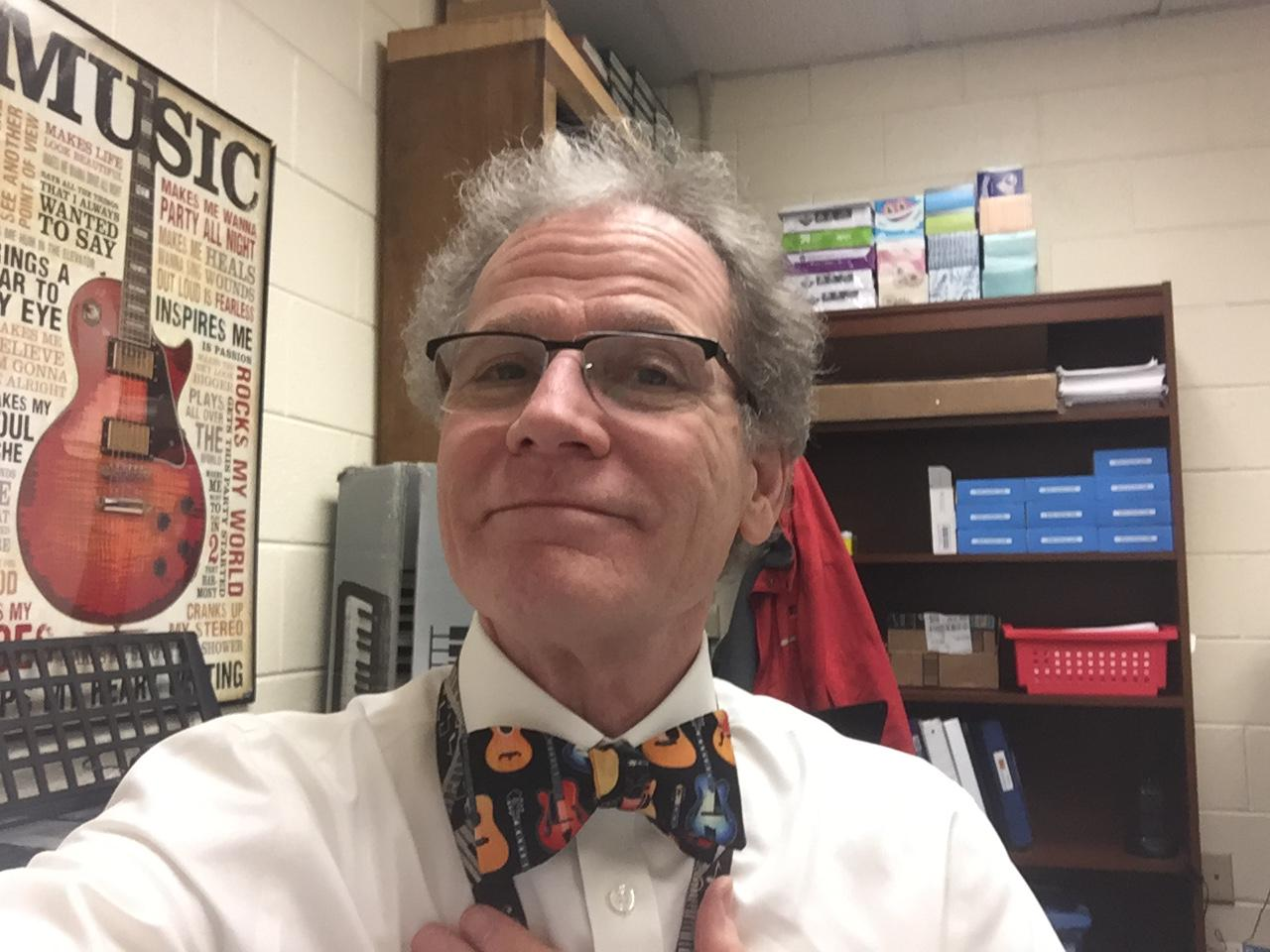I began my weight loss strategy to make weight for the lower weight class. I was willful and could control my eating – choosing the types of food, the portions of food, and the number of meals I’d eat. Much of my intensity came from the pressure inside me to avoid grappling with my deficit of real feeling. The pounds dropped slowly, but drop they did. I had begun the season with a lean adolescent body and taking off more pounds was not easy. My appearance began to show the strain I was putting myself under. Hollowed cheeks, thin arms, loose fitting clothes. I do not know when I slid into full-fledged anorexia nervosa, but I did. And most individuals with anorexia will tell you the same thing: most of us were smart, go-getter, good kids who somehow got focused on controlling our weight and it took over their lives.
For a while, I enjoyed what I was doing. Man, I was good at this! No one that I knew could control things like I was doing. I was proud! But as my weight dipped lower, the emaciation was beginning to affect my ability to simply go about my life, let alone wrestle. But still, in my full-blown eating disorder, I still had to eat less, drink less, every day. My weight stabilized during a few summer months while I was at Scout camp as a counselor. Getting away did me good, and I enjoyed scouting and my leadership role immensely. But once back at school, I plunged.
That autumn I picked up where I left off and continued my weight loss. I was baffled: I could not control my controlling. Yet I was too afraid to ask for help. One day, after knowingly not taking in any water or fluids for two days, I collapsed in gym class at school. My gym teacher, who knew me as a once promising, champion class wrestler, picked me up in his arms and said, “Steve, we need to get you help.” He carried me to the nurse’s station where they called for an ambulance and called my parents. The ambulance arrived and they piled my bones on a stretcher and off to the hospital I went.
At the hospital I weighed x pounds. I heard that and thought to myself, “Damn, I should have held on. I KNOW I could get down to x”.
Recovery from that very low physical bottom was long and painful. I did not know how to live, how to live with myself, a self I no longer knew.
Back then, anorexia nervosa was simply seen as a psychiatric disorder with no treatment protocol and no known cure. I was an inpatient at a psychiatric hospital for more than three months where, absent the pressures of home and society, I had begun to eat – obsessively and fanatically – but I did eat. Then I returned home. I again felt desperate, panicked, terribly lonely, and I again avoided food. I could not find solace in friends or family because I could not share what was going on with me because I still had no idea.
